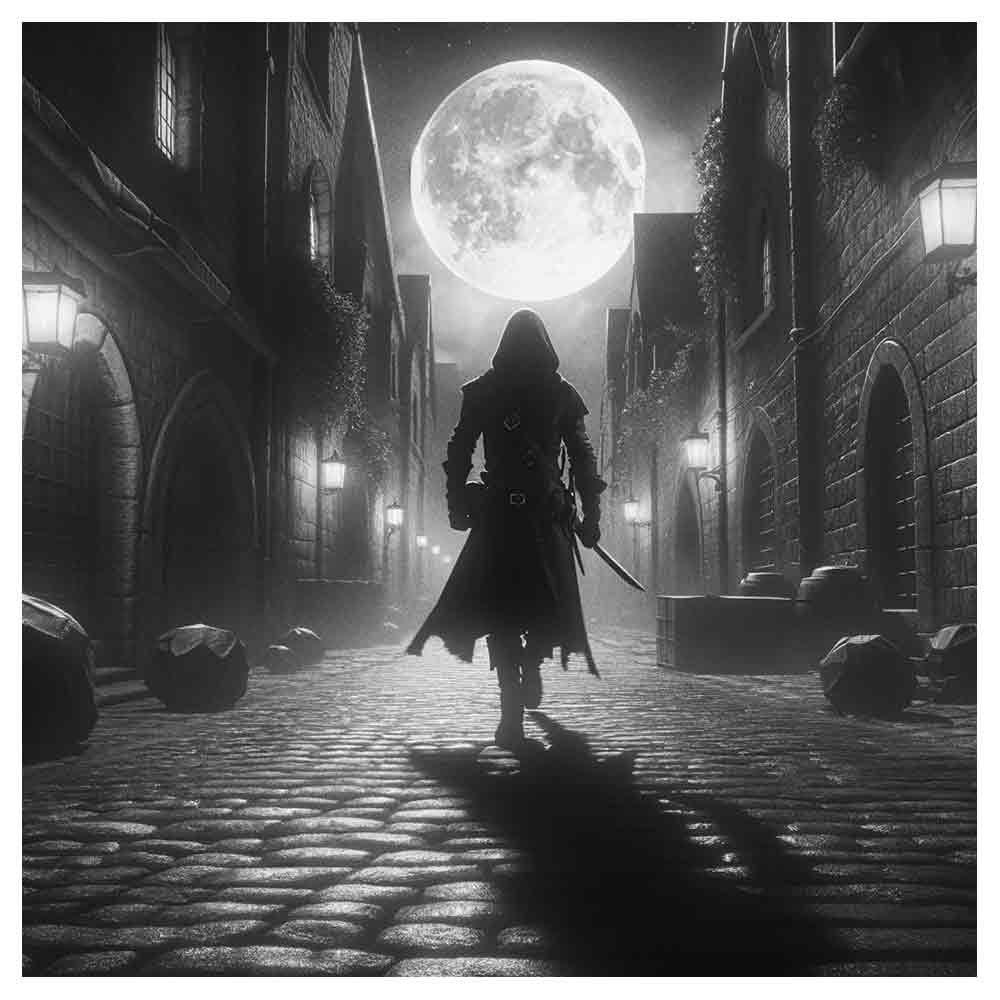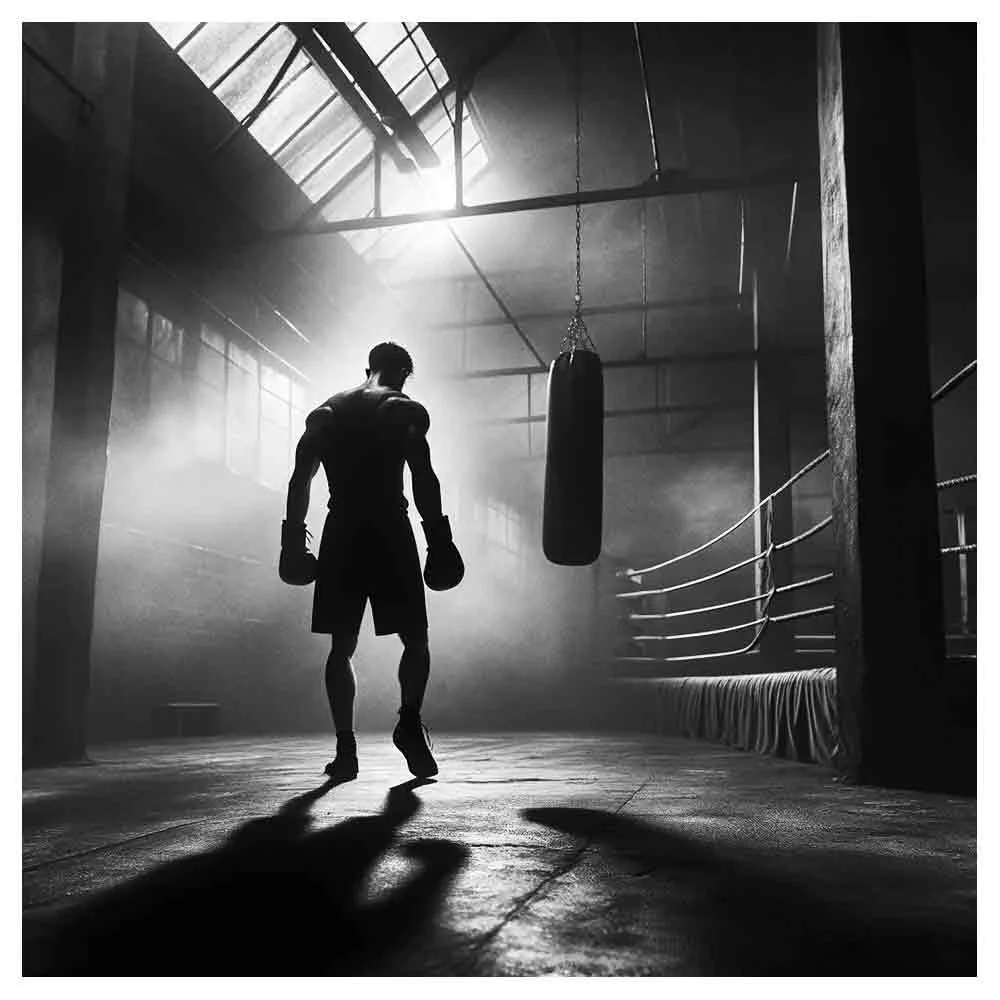What Makes a Good Storyteller?
In a world bursting with stories, from the ephemeral tales on our social feeds to the vast tomes on our bookshelves, what distinguishes a good storyteller from the rest?
It's the amalgamation of several components: the art of weaving a compelling story, the audience's attention, the life breathed into words, and so much more.
The Essence of Storytelling
Storytelling is an art, a talent nurtured over time. And while some people seem to be born great storytellers, others refine their storytelling skills through practice and perseverance.
Personal Experience: Every storyteller brings their own life into their narratives. It's this personal story that makes the tales resonate with authenticity. David Sedaris, for instance, masterfully infuses his own experiences, blending humor with raw emotion.
Engaging the Audience: A good story alone doesn't cut it; storytellers must keep their audience engaged. It's about understanding the audience's pulse and adjusting the narrative accordingly.
Body Language: The magic often lies beyond words. A storyteller's body language, their expressions, and the sparkle in their eyes can transform a simple narrative into an exhilarating experience.
Components of a Good Story
The Beginning: Where the interest is piqued. It sets the tone, introduces the main character, and provides the backdrop.
The Moment: That turning point captivates the listener, where the story takes a compelling twist.
The Message: The underlying moral or emotion that leaves a lingering impact.
The Narrative: How the entire story unfolds. It's the meat in the sandwich, the main course in the feast.
Becoming a Great Storyteller
It's been said, "Practice makes perfect," and nowhere is it truer than in storytelling. You start with telling a story, listening to feedback, and refining. Over time, one can transition from a good storyteller to a great storyteller.
Oral Storytelling vs. Writing: Some find their niche in oral storytelling, where the dynamics involve direct interaction with audience members. Others excel in writing, where words on a page craft worlds, characters, and events.
Feedback and Improvement: Friends, family, and even random audience members can provide invaluable feedback. It's the essence of growth for a storyteller.
Understanding Audiences: Just as a writer must know their readers, a storyteller must connect with their audiences. It involves studying reactions, adjusting pace, and sometimes tweaking the story mid-way!
Inspiration and Learning
There's no lack thereof when it comes to finding inspiration. Great stories are everywhere, from the short story you read last night to that engaging TEDx talk you heard.
One can also learn from good storytellers, understanding their techniques, the words they use, and their storytelling tempo.
For those with social anxiety, starting might seem daunting. But remember, every great storyteller once faced the same fears.
They, too, had moments where they lost their train of thought, stuttered, or forgot important details. But they persevered, practiced, and eventually succeeded.
In Conclusion: The Art of Storytelling
The art of storytelling isn't just about relaying events. It's about connecting, evoking emotion, and transporting the listener to another realm. It's about making them laugh, cry, think, and, most importantly, engage.
Remember, whether you're sharing a personal experience from real life, crafting an intricate written narrative, or expressing through oral storytelling, the essence remains: interest, emotion, connection, and authenticity.
In the words of the iconic David Sedaris: "A good [story] could make you laugh out loud, weep uncontrollably, or be inspired. It can bridge the gap between us and everything else."
So, as you embark on your storytelling journey, be it through writing or speaking, always remember to pour a piece of yourself into it. Embrace feedback, listen actively to others, and continually refine your craft.
Before you know it, you, too, will join the ranks of the world's great storytellers.
Frequently Asked Questions About Being A Storyteller
What is the essence of storytelling?
Storytelling is an ancient art form that has been at the heart of human culture since time immemorial. It's about weaving words into narratives that captivate the listener, convey emotions, and transport audiences to different realms of imagination.
How do personal experiences influence storytelling?
A good storyteller often draws from their own life and personal experience. Sharing a personal story brings authenticity and relatability, making the audience feel more connected to the narrative.
How important is body language in storytelling?
Body language is crucial, especially in oral storytelling. It can amplify the emotion of a story, keep the audience engaged, and complement the spoken word.
A storyteller's gestures, facial expressions, and posture can accentuate the message they aim to convey.
What differentiates a good story from a great story?
A good story captures interest; a great story immerses the listener, evoking emotions and painting vivid imagery.
It's often the important details, depth of characters, and the underlying message that set them apart.
How can I become a better storyteller?
Practice, practice, practice! Just like any art, honing your storytelling skills requires dedication. Listen to great storytellers, like David Sedaris, for inspiration.
Always be open to feedback from friends or audience members and adapt accordingly.
What role does the audience play in storytelling?
The audience is pivotal. A storyteller should be attuned to the audience's reactions, adapting their delivery to keep them engaged.
Every audience member brings their own perspective, making each storytelling experience unique.
Are there any tips for those with social anxiety but a passion for storytelling?
Absolutely! Start small. Share stories with close friends, then gradually expand your audience. Remember, even great storytellers had their moments of doubt.
Embrace digital platforms, write, and perhaps even do a TEDx talk when you're ready!
How important is the beginning of a story?
The beginning sets the tone. It grabs the audience's attention, introduces the main characters, and stirs interest. A compelling start ensures the listener is eager for the rest.
Is storytelling limited to oral narratives?
No. Storytelling encompasses writing, theater, film, and even visual art. The medium might differ, but the core principles remain: creating a connection, evoking emotion, and conveying a message.
Do you have any recommendations for books or resources to enhance my storytelling skills?
Certainly! Dive into works written by master storytellers to understand narrative structures. Attend workshops, tune into TEDx talks about the art of storytelling, and, most importantly, never stop telling your own stories.
What if I feel I've lost my storytelling touch?
It happens to the best. Take a break, find new sources of inspiration, and remember why you started telling a story in the first place. Often, taking a step back helps in regaining perspective and reigniting passion.






























